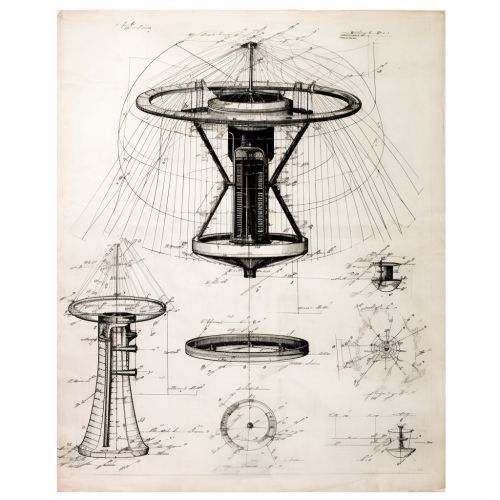Nikola Tesla
Early Life and Education
Nikola Tesla was born on July 10, 1856, in Smiljan, Croatian region of the Austrian Empire (now in Croatia). His father, Milutin Tesla, was a Serbian Orthodox priest and his mother, Djuka Mandic, was an inventor of household appliances. Tesla was one of five children, having one brother and three sisters.
Tesla's interest in electrical invention was spurred by his mother, Djuka Mandic, who invented small household appliances in her spare time while her son was growing up. Tesla's father, Milutin Tesla, was a Serbian Orthodox Priest and a writer, and he pushed for his son to join the priesthood. But Nikola's passion for mathematics and science was too strong to be swayed.
In 1875, Tesla enrolled at the Austrian Polytechnic in Graz, Austria, on a Military Frontier scholarship. While there, he studied physics, mathematics, and mechanics, and also gained a proficiency in several languages. Despite his early success in his studies, Tesla eventually became addicted to gambling, causing him to lose his scholarship and drop out of school.
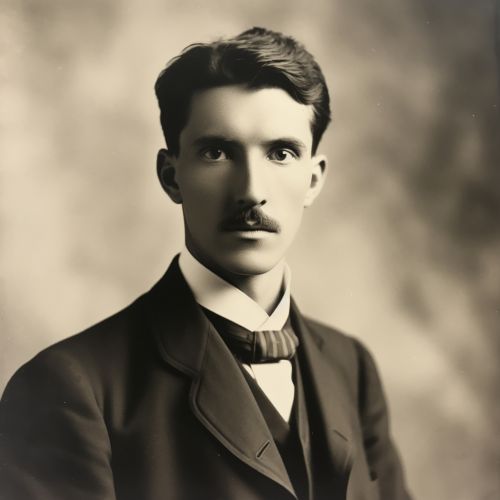
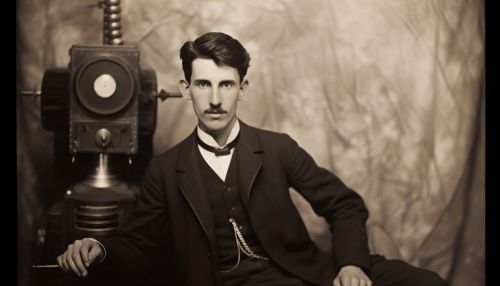
Career and Inventions
In 1881, Tesla moved to Budapest, Hungary, to work for the Central Telephone Exchange. It was there that he first had the idea for the induction motor, which would use alternating current (AC) instead of direct current (DC). This idea was revolutionary at the time, as it would allow for the transmission of electricity over long distances.
In 1884, Tesla moved to the United States to work for Thomas Alva Edison, one of the most famous inventors of the time. However, the two had a falling out over the use of AC versus DC electricity, leading Tesla to leave Edison's company and establish his own laboratory.
In his own lab, Tesla made a number of groundbreaking discoveries and inventions. Among these were the Tesla coil, a type of resonant transformer circuit used to produce high-voltage, low-current, high frequency alternating-current electricity. He also developed the first AC motor and transformer, and made significant contributions to the field of electromagnetism.
Tesla's work laid the groundwork for much of our modern understanding of electricity and magnetism, and his inventions have had a lasting impact on the world. His work with AC electricity, in particular, has been instrumental in the development of the modern power grid.
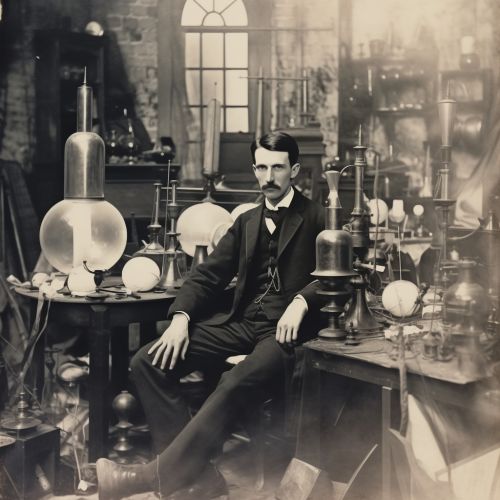
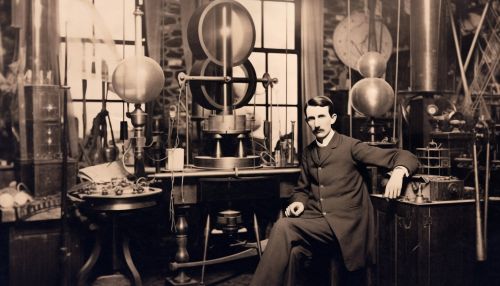
Later Life and Death
Despite his many contributions to science and technology, Tesla spent the later years of his life in relative obscurity and poverty. He lived in a series of hotels in New York City, often falling behind on his bills. He continued to work on new inventions and ideas, but had difficulty finding investors to support his projects.
Tesla died alone in his room at the New Yorker Hotel on January 7, 1943. His death was attributed to heart failure. After his death, the FBI ordered the Alien Property Custodian to seize Tesla's belongings, even though Tesla was an American citizen. Tesla's papers and other materials were later released to his family, and many of them are now housed in the Nikola Tesla Museum in Belgrade, Serbia.
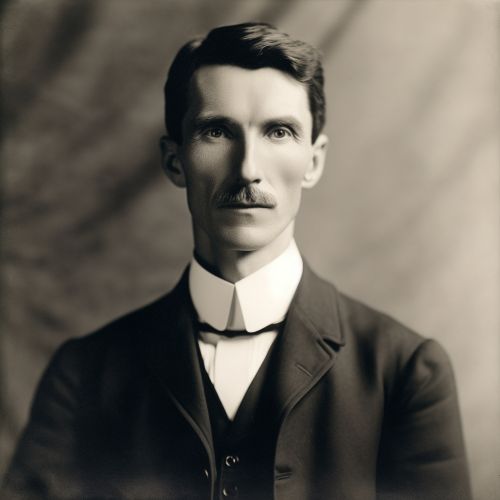
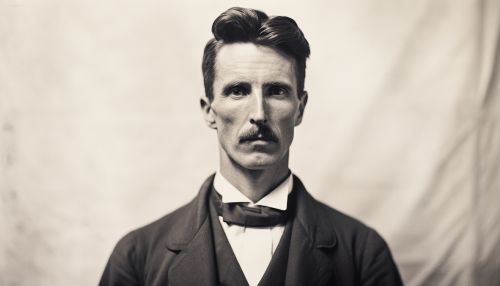
Legacy
Tesla's work has had a profound impact on the modern world. His inventions and theoretical work form the basis of modern alternating current electric power systems, including the polyphase system of electrical distribution and the AC motor, which are foundational to the modern power industry.
In addition, Tesla's work in electromagnetism and electromagnetic field theory have been foundational to many developments in the fields of physics and engineering. His work has also been key to the development of radio, television, and radar technology.
Despite his many contributions, Tesla's work was often overshadowed during his lifetime by other inventors and scientists. However, in recent years, there has been a resurgence of interest in Tesla and his work, and he is now recognized as one of the greatest inventors in history.
See Also
